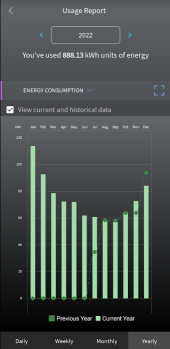ericfx1984
Solar Enthusiast
- Joined
- Oct 10, 2021
- Messages
- 742
For off-grid electric water heaters I was considering converting a standard AC water heater to 48 volts
But I got to thinking to do it right it's probably going to cost me about $100 to $150 worth of parts added on to the cost of the already existing water heater
Additionally I'm having trouble finding a good way to reliably handle the current at what will be close to 58 volts
Which of course brings on the possibility of using a 12 volt thermal switch and using that as a means for keying a large relay that can handle the current of a pair of 1500 w 48 volts water heating elements
But would it make more sense to just buy a four or $500 inverter and dedicated specifically for the hot water heater?
I know that this is going to be my plan for use with the individual mini splits... I feel like I could attach several 5,000 w inverters to the battery bank and use those to power various different mini splits and be able to shut them off when not in use... The same approach would be a really good way to control when we're using the hot water and when we are not
But I got to thinking to do it right it's probably going to cost me about $100 to $150 worth of parts added on to the cost of the already existing water heater
Additionally I'm having trouble finding a good way to reliably handle the current at what will be close to 58 volts
Which of course brings on the possibility of using a 12 volt thermal switch and using that as a means for keying a large relay that can handle the current of a pair of 1500 w 48 volts water heating elements
But would it make more sense to just buy a four or $500 inverter and dedicated specifically for the hot water heater?
I know that this is going to be my plan for use with the individual mini splits... I feel like I could attach several 5,000 w inverters to the battery bank and use those to power various different mini splits and be able to shut them off when not in use... The same approach would be a really good way to control when we're using the hot water and when we are not
Last edited:




